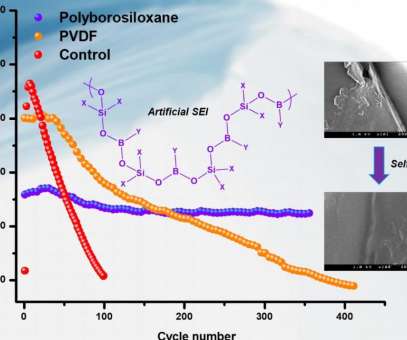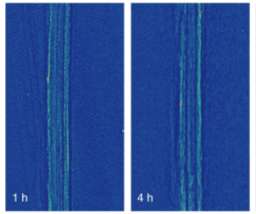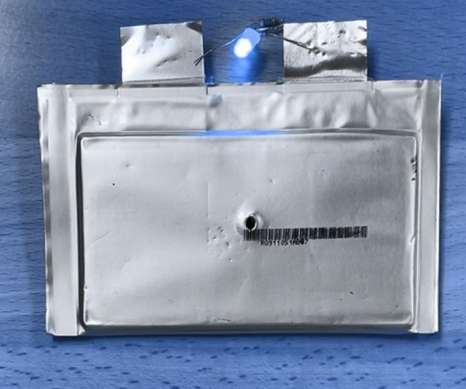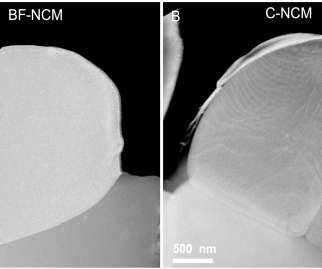Berkeley Lab conductive polymer coating could enhance performance of EV batteries
Green Car Congress
MARCH 8, 2023
Scientists at Lawrence Berkeley National Laboratory (Berkeley Lab) have developed a conductive polymer coating—called HOS-PFM—that could enable longer lasting, more powerful lithium-ion batteries for electric vehicles. This ensures battery stability and high charge/discharge rates while enhancing battery life.






































Let's personalize your content